|
Fantasy brings to mind worlds of pure imagination. As an author this can feel like a nearly limitless power to craft any realm you desire and these worlds are so wonderful precisely because they are not our own. But that feature is also a limitation: the characters within the fantasy world should not (in most cases) have knowledge of our world. A critical issue arises when certain elements of our present reality leak into character dialogue or scene descriptions, an issue in fantasy which I call the problem of a leaky world. A critical issue arises when certain elements of our present reality leak into character dialogue or scene descriptions,
...it is easy to let certain things slip through the narrative that are references specific to our reality; the effect of such a mistake is to yank the reader out of the fantasy world momentarily and break the spell of imaginative literature. Consider the following cliche which might easily slip into a scene of dialogue between two characters. “Give them an inch and they'll take a mile!” The issue with this phrase in the context of a fantasy novel is neither the idea that is being communicated nor the fact that it is a cliche in English culture (as using cliches is just lazy in general); the ‘leak’ is in the specific reference to ‘inches’ and ‘miles’. To refer to ‘inches’ and ‘miles’ in a fantasy novel is to directly reference an important part of the real history and development of our culture. This suggests that either these fantasy characters have some sort of access to our sphere of knowledge or that they miraculously developed the same unit of measurement completely by chance. In either case the suspension of reality has been fractured and the reader is dragged back into the world they are trying to escape. To refer to ‘inches’ and ‘miles’ in a fantasy novel [...] suggests that either these fantasy characters have some sort of access to our sphere of knowledge or that they miraculously developed the same unit of measurement... How can this be fixed? The first and perhaps most obvious solution might be to do the same thing that fantasy authors do with languages, towns, cities, and countries: make one up! But if you are to create a system of measurement in your fantasy world then you are stuck with the exact opposite problem. It is not your fantastic characters that are in possession of inaccessible knowledge but your reader who has a lack of inherent knowledge about the fantasy world. To inform them of the length of an imaginary unit of measure you'll need to use units the reader can understand, units like ‘inches’ and ‘miles’, and once again that drops them back into the reality that you are trying to suspend. To inform them of the length of an imaginary unit of measure you'll need to use units the reader can understand, units like ‘inches’ and ‘miles’, and once again that drops them back into the reality that you are trying to suspend.
This allows the reader to remain in fantastic suspension while the narrator handles issues The second solution is a bit more challenging but, I believe, lets the reader immerse themselves more fully in the world and, more importantly, in the story. Instead of relying on a narrator to bridge the worlds, the author can look for common experiences between them that could conceivably be shared without any ‘leaking’ of information. Ancient civilizations demonstrate this concept superbly as they developed things like chairs and clothing and swords independently without any need to ‘leak’ information between themselves. ...the author can look for common experiences between [the worlds] So let us return to the problematic phrase about ‘inches’ and ‘miles’. With the right kind of narrator the units of measure used in the fantastic world can be directly translated to familiar units. Alternatively, the author might try to identify experiences common to both the fantasy characters and the reader. For example, to describe the height of buildings I have taken to comparing the distance to spear lengths. Spears, common across many cultures, usually reach a bit higher than the average person. A house that is “three spear lengths high” then becomes a description that would give both the reader and the characters in the fantastic world a good sense of its size. For longer distances, such as 30 miles, the author might express the distance in terms of time. If you believe that most people can walk about 10 miles in a day then to say that a group of characters walked for three days conveys a distance similar to 30 miles without needing to use a specific unit of measure. For example, to describe the height of buildings I have taken to comparing the distance to spear lengths. Of course, this is just one brief example of a ‘leaky world’ problem, but it illustrates a pitfall quite particular to fantasy which I believe should be vigorously avoided. Common phrases such as cliches are particularly prone to ‘leaking’ information and should either be avoided altogether, used very cautiously, or adapted to better suit the culture of the fantasy world. By crafting a narrative that brings the reader into a story with as few ‘leaks’ as possible we can convince them to leave reality behind and experience the wonder, the beauty, and the terror of our imagined worlds. By crafting a narrative that brings the reader into a story with as few ‘leaks’ as possible we can convince them to leave reality behind and experience the wonder, the beauty, and the terror of our imagined worlds.
0 Comments
The poleaxe is such a versatile weapon, yet the longsword is arguably the most iconic piece of medieval imagery This last question is driving me crazy! There’s so many people I want to choose… Vladimir the Great, William the Conqueror, Saladin, Alexander Nevsky, Edward III, Geoffroi de Charney… The list goes on. At the end of the day though, I think I would have to say Henry V. Aside from Shakespeare’s play, Henry V is the most iconic figure of the Middle Ages for me. He has such a thrilling story and it all leads to the Battle of Agincourt, which is my favorite medieval battle. One of the most difficult things about writing is actually sitting down to write. As an independent author with three novels under your belt, do you have any advice for those who might struggle with just getting their story on the page? The best advice I can offer is to sit down and write. Just write. Get those words onto the page. You can edit and perfect your story as you go, but you can’t do that when you haven’t written it yet. The most common complaint I get from friends and peers wanting to become writers is that they get stuck in the planning phases, or they have this great idea, but won’t sit down to do it. You can figure out your plans in greater detail as you’re writing. Your great idea needs to be on paper if you want it to go anywhere. Nothing happens if there aren’t words on the page. Just write. The rest will follow! Your great idea needs to be on paper if you want it to go anywhere. Nothing happens if there aren’t words on the page.
When it comes to world-building, I have two key pieces of advice: First, study history. You don’t need to achieve a doctorate degree by any stretch, but having an understanding of the real world aspects of the setting you’re taking inspiration from is massively important. Knowing how people acted during certain events, how political bodies rose and fell, and the technology of the time and how it all worked together is a must-have for thorough world-building, in my opinion. First, study history. You don’t need to achieve a doctorate degree by any stretch, but having an understanding Second, always ask the question “Why?” when you create a new piece of the world. Why is this empire an empire? Why did these two nations fight? Why does this village exist where it does? Why did the people within the history of the world do the things that they did? The more you ask yourself that question, the more answers you’re going to come up with, and that is ultimately going to fill in the details of your setting. Before we get to talking about your book series I want to bring up one of your hobbies: medieval re-enactment. With your hands-on experience in medieval combat techniques I’d really like to know what fantasy writers get wrong about medieval combat. What are the most common misconceptions you encounter in books and movies and how can they be fixed? I would say, despite the many inaccuracies across books, movies, and video games, the most common incorrect portrayal is how armor functions. Armor is unavoidably such a crucial part of the Middle Ages and how the battlefield evolved - and that wouldn’t be the case if it was only mere costuming that wasn’t effective for protecting folks. ...despite the many inaccuracies across books, movies, and video games,
When we look at history, the bigger wars usually don’t happen because of something that occurred last week. I would argue that recent blockbuster hits such as Game of Thrones have really whetted an appetite for complex, large-scale fantasy stories among the general readership. However, that type of fiction is not something one just jumps into. How have you managed to handle the long history of a large fictional continent? Do you have endless piles of notes? Have you compiled A Brief History of Aerothos for your own reference? Or do you keep the entire world locked away in your head? I began with notebooks, but that was a bad move on my part. I lost too many scraps of paper and threw too many notebooks away! Now, I have all of my official notes on my computer, detailing periods of history, family lineages, and so on. But there’s a great deal of it that is kept in my head, since there’s really too much to formally write down (I’d probably never write books if I did!)
The Halryians themselves found their roots in Greco-Roman history, and some of that carries into the Chronicles with their successors, such as the kingdoms of Valtia and Arathen (very much so in a similar way as to say the Byzantine or Holy Roman empires and how they evolved from the end of antiquity and the fall of the western Roman Empire.) There are some other obvious comparisons in Aerothos as well, such as the Kingdom of Rovaskia being based on Scandinavian culture and the Kingdom of Rhodrien largely reflecting England, Wales, and Ireland. While Aerothos is primarily inspired by Western Europe, I personally have a deep interest in Eastern European and Arabic history as well, which I try to pull a lot of inspiration from. While I’m certainly inspired by other fantasy works, nearly all my ideas can find their origins in the real world. What is happening next in Aerothos and where can readers find out more? Right now I’m working on Part II of the Chronicles of Aerothos, which undoubtedly has a lot of work ahead of it still. I took a detour from Chronicles to write the Tales books, because I wanted to use those works to try new things and develop my writing. Now that I feel prepared, it’s time to return to the Chronicles and continue the epic story! Part II will be a much darker, gruesome story, as our heroes begin to face new challenges that come after the first season of war. The veil of glory and chivalry has been lifted, and now the true horror of war begins to fall upon Aerothos. The veil of glory and chivalry has been lifted, and now the true horror of war begins to fall upon Aerothos.
I think James McAvoy would be an excellent Jordan Greer. You have managed not only to balance work and home life, but also produce a steady stream of online content both on your social media platforms and on your website. Do you have any advice for newer authors who feel like they don’t have enough time to maintain an online presence against the demands of writing and of life in general? That’s very nice of you to say, and my advice would be to not worry about trying to do everything at once. I love hanging out on Twitter and my website, but at the same time, Instagram is a completely different beast, and Facebook is difficult. There are many things to try and stay on top of when it comes to being engaging and doing marketing, and it’s easy to feel overwhelmed. Focus on one thing at a time, and most importantly: write. Focus on one thing at a time, and most importantly: write. On your author website you host insightful reviews of books released by both traditionally published and indie authors. How do you feel the review process has affected you as a writer? Does it change your perspective on writing or make you more aware of what it takes to write a great story? I started doing reviews because I figured, ‘hey, I’m reading all of these books anyway’, but also because I wanted to give back to the community I was becoming a part of (that’s the #WritingCommunity on Twitter). It definitely gives me lots of great inspiration, and it’s very motivating to read all these amazing stories. The best ones are those that make me almost a bit envious because they’re just so magnificent. It’s easy to get stuck in a headspace where you think got to do what everyone else is doing, but reading indie books have shown me that everyone has a unique style and voice. One thing I’ve learned from reading all these books, perhaps particularly the indie books, is that there are many ways to write great stories. Sometimes it’s about the words, sometimes it’s about the characters or the plot, and you don’t necessarily have to do it all. It’s easy to get stuck in a headspace where you think got to do what everyone else is doing, but reading indie books have shown me that everyone has a unique style and voice. Also: reviews are important! If you find the time to write them and leave some stars online, you’re definitely making someone’s day better, whether you liked the book or not, as long as you’re honest.
The fact that it’s simply the dark side of humanity What draws you to write about criminals and cold-blooded cases? Is it about the action and excitement or is it more about commenting on the dark side of human nature? I’d say I’m less about the action and more about the excitement, if that makes any sense, and it’s definitely the dark side of human nature that fascinates me. The plot for The Consequence of Loyalty came to when I was back home on my dad’s farm, tending his pigs. I asked myself how a crime story would play out if instead of wondering who committed a crime, the question was why? The Consequence of Loyalty is exactly this, because we know who the bad guy is from the beginning, we just don’t know why. I love delving into the human mind like that, shining a light on those dark corners in the back. I asked myself how a crime story would play out if instead of Not only did you successfully publish The Consequence of Loyalty independently but you have accumulated a host of good reviews for your debut novel. Do you have any sage advice for authors who are preparing to self-publish in the crime or thriller genres? Any pitfalls to avoid or expert tips for first-timers? Take your time. If I could go back and do it again I’d hold back on pressing that publish button so quickly. There were a couple of things I had to go back to fix after the fact, and I learned a valuable lesson. I’m taking my sweet time with book two now, which is nearly ready for the press, and I’ve written early drafts for several other projects while I’m waiting for beta readers and editors. At some point, yeah, you have to just go for it, but don’t rush yourself. Take your time. If I could go back and do it again The Consequence of Loyalty is the first book in The Columbus Archives. Can you give us any hints as to Agent Greer’s future operatives or what we can look forward to in the next installment of the series? I’ve planned three books in the series. Number 2 and 3 are both written and book 2 is coming soon. Though they’re a series, they function well as stand-alones, and you’re not going to miss something if you read just one out of them, but there’s obviously going to be things that cross over through the series, particularly with Greer’s life and his career in the FBI. In the second book, another one of Greer’s friends are in trouble, and all I’ll tell you is that he’ll do everything he can to save them. Everything.
|
AuthorJoshua Gillingham is an author, editor, and game designer from Vancouver Island, Canada. Archives
April 2022
Categories
All
|


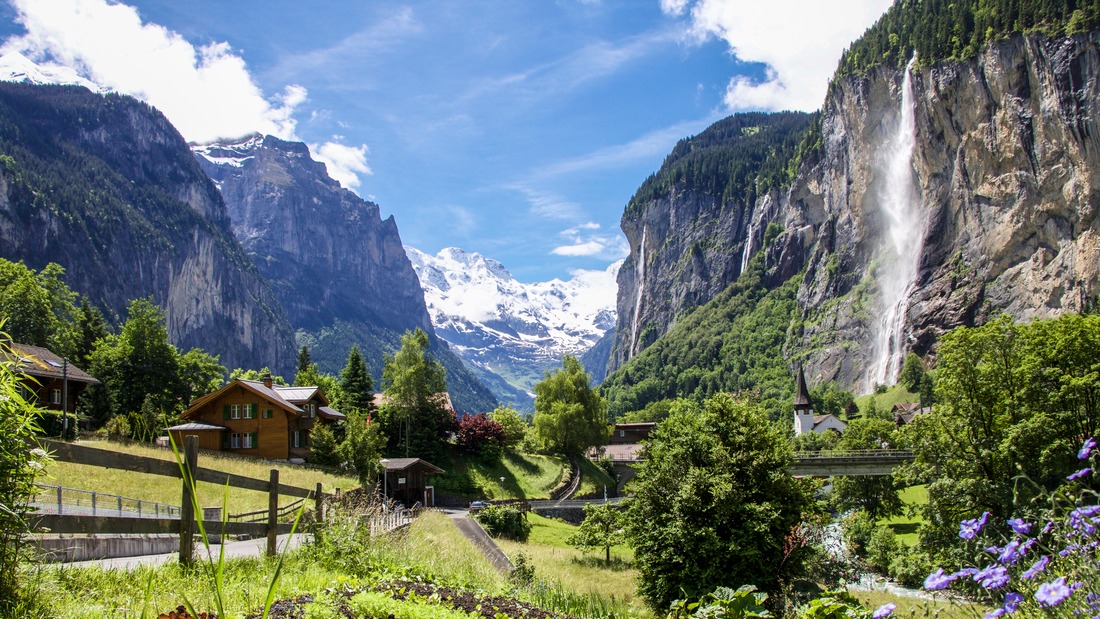
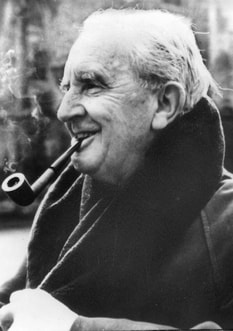
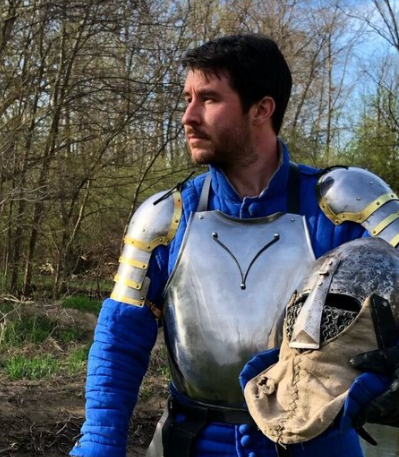
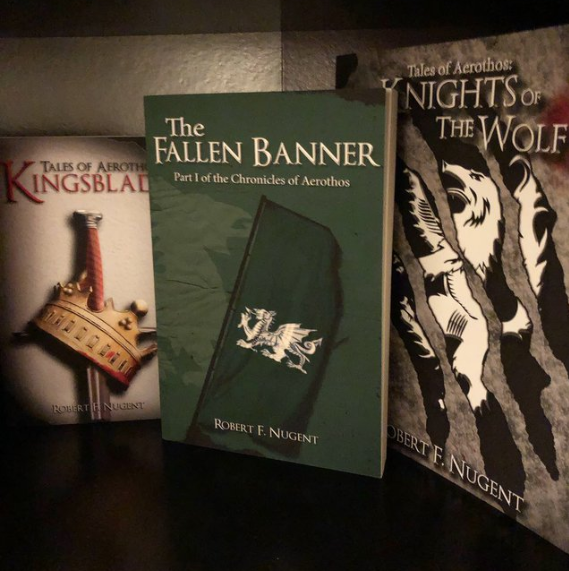
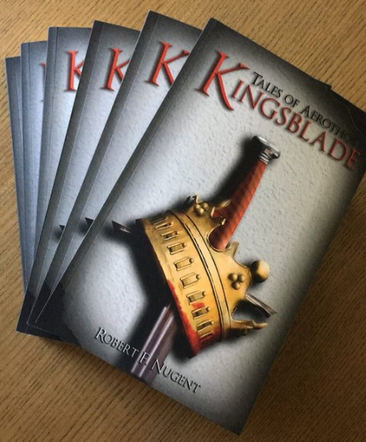
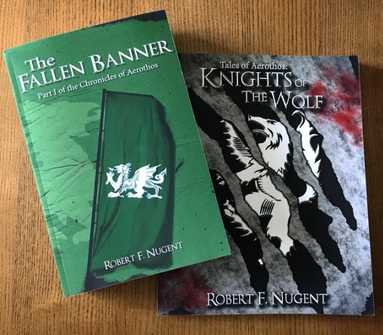
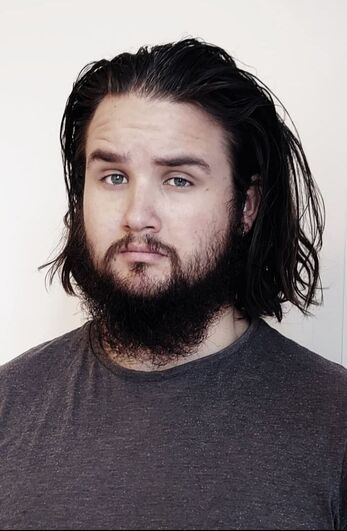
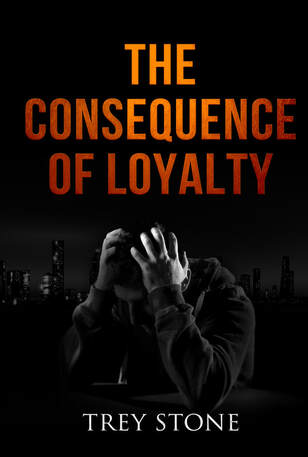
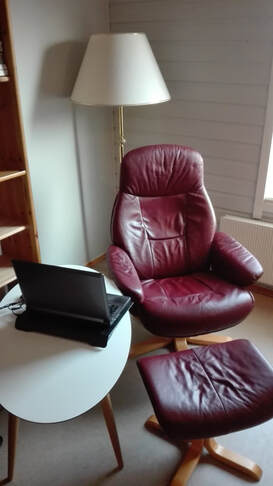
 RSS Feed
RSS Feed
